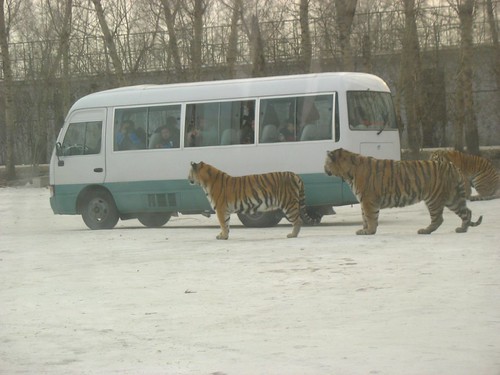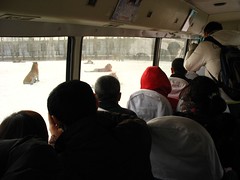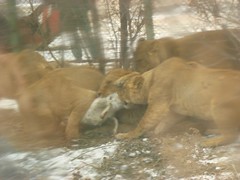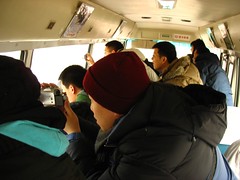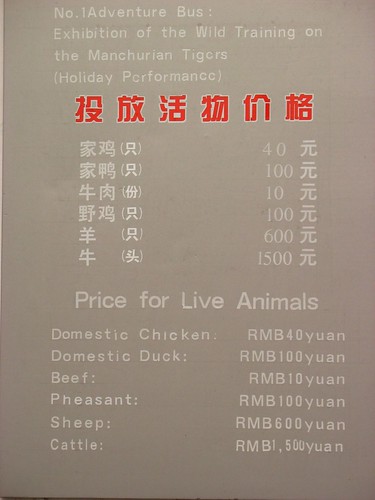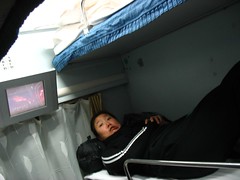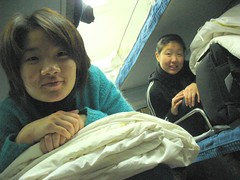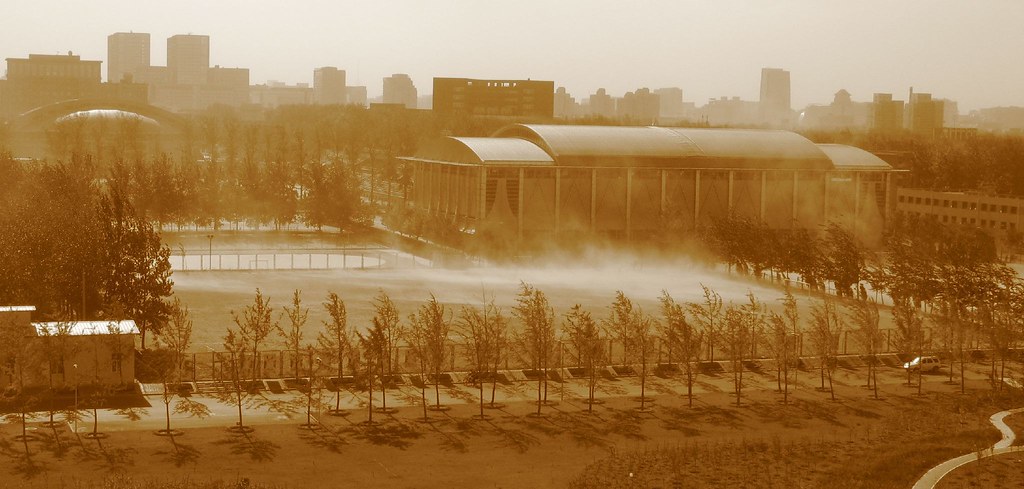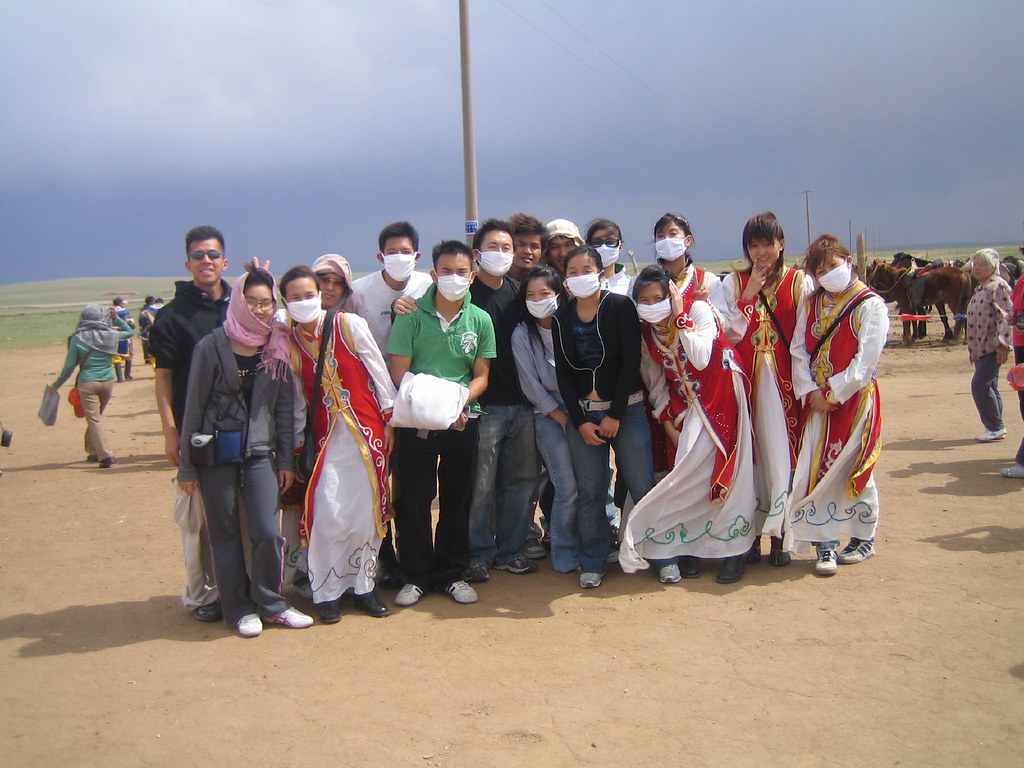
Guangzhou
Day 1
1708 hrs
We landed at the
Right, why didn’t we guess that? We were on an undercover trip anyway. Why would we want the whole world to know CNN is here?
2023 hrs 3-1 Market
Timothy, a representative from the wildlife trade monitoring network in
There were 2 markets next to each other, the Dong Wang seafood market and the 3-1 animal market that sells small mammals. Our aim that night was just to have a look around the area and to get a feel of the atmosphere there. One of our journalists, Tim, had the hidden camera ready for the visit. Timothy and Tim went in first, and I strolled in separately.
The first market, Dong Wang market, sells turtles. Only a few shops were open among the rows and rows of market stalls. Kids were running around after taking a bath in a plastic basin in front of the stalls. It was hard to fit in. Most of the people who go to these markets had to be restaurateurs and chefs in the industry. I had my red-rimmed glasses on, khaki pants and ‘Birkinstick’ sandals while everyone else had their t-shirts rolled up their stomachs, shabby shorts and rubber slippers. Not the kind of outfit I had in mind. I had a glance at some of the shops and moved on over to 3-1.
3-1 gave me the chills. The market was dark, the people looked dodgy and there were sounds of animals wailing. The people were either staring at my fake Birkenstocks or it was just me feeling paranoid from the stares burning into my back. All I could see were shadows of animals in cages—cats, wild boars, ducks and other furry mammals lying around. I didn’t dare walk any further down the aisle for it was only the first day of our trip and I was not ready to be served up on the dinner table just yet. So I walked out of the market and waited outside the gate.
Just as I was about to head back into the van, a man with a square basket stopped by the side of the road. Another man came over with a sack and opened the lid on the basket. From the silhouette, I could see him pick up shrieking little civet cats and threw them into his sack. He pulled 2 out of the basket, dumped them into a sack and shoved them into the helmet box at the back of his motorcycle. He took out another sack, filled another 2 civets in, opened up the motorcycle seat and stuck them inside. With that he took off.
We returned to the hotel after about half an hour at the market. Tim was excited to show the rest of the crew what we saw. “Did you see anything illegal?” our producer asked. “We saw some civets!” he announced. That got everyone excited until the video file was nowhere to be found on the camera. “Umm…did red record icon pop up when you pressed record?” “No…”
Day 2
0500 hrs Dong Wang market
We arrived back at the Dong Wang market at dawn and surveyed the area around it. This time, we sent our photographer Phil and Timothy back in. Phil’s cover—South African white man looking for some exotic bush meat in the land of ‘all-you-can-eat’
Phil’s visit was warmly greeted by the sellers. The showed him the turtles and gave him some tips on how to cook them. Timothy asked if they had big snakes but was told that they were illegal and nobody stocks them now due to the recent police crackdowns.
1032 hrs Qing Ping market
The Qing Ping market had hoards of tourists crawling around its little lanes and pet streets. Perfect for our little ‘tourist handycams’ and cameras. My cover for the day—recent university graduate, foreign language expert and tour guide. Since Timothy and I were the only Chinese among the group, we split into two teams: Phil and I, and Timothy with Tim and Mary Anne.

They have everything here. There was the TCM area that sells all traditional Chinese medicines, and the animal market area with all the legal meat, which ranges from chickens to snakes, turtles, scorpions, cats, and frogs. Turtles are big business. There were shops filled almost to the brim with turtles stacked atop each other. You could hear the clacking sound of claws scraping on the shells. At the same time that we were there, we saw a large truck unloading bags of turtles onto the street. It was literally a mountain of turtles and if any of those bags fell on you, you’d probably be knocked out. Many of the turtle shops are wholesalers who deliver up to 10 tonnes of turtles a day. And it’s all for consumption.
At the scorpion stalls, buyers were perched on little stools picking out juicy scorpions with chopsticks. We say some remnants of what used to be a turtle as the stall lady cleaned up her chopping board. The seafood stalls had buckets of water snakes and eels. Sellers were happy to pick up the snakes and show it to us. At the chicken stalls, there were cats locked up in cages. As we were about to cross the street towards a pet shop, we saw a seller pick up a garlic mesh bag with a cat inside and put it inside a red plastic bag…just like how you would carry a bag of onions or garlic.
Many of the stall owners seemed very interested in my job. “So, you’re just bringing one guy around?” “How much do you earn a day? Must be at least 500RMB a day. That’s a real good deal.” “Come, sit down. So how much are these foreigners paying you? Must be fun, huh, going around everywhere.” I smiled. Apparently there are some ‘personal tour guide’ services that offer more than just a guide because I have a few shop owners asking, “Are these guys malat (sleazy in Cantonese)? Can they hug you or hold you? I’ve seen many of them around with their ‘tour guides’. Well, you be careful, girl. Better stick to the big tour groups. These guys, they eat and they leave.” Thanks for the tip, pal. I couldn’t wait to translate that to Phil.

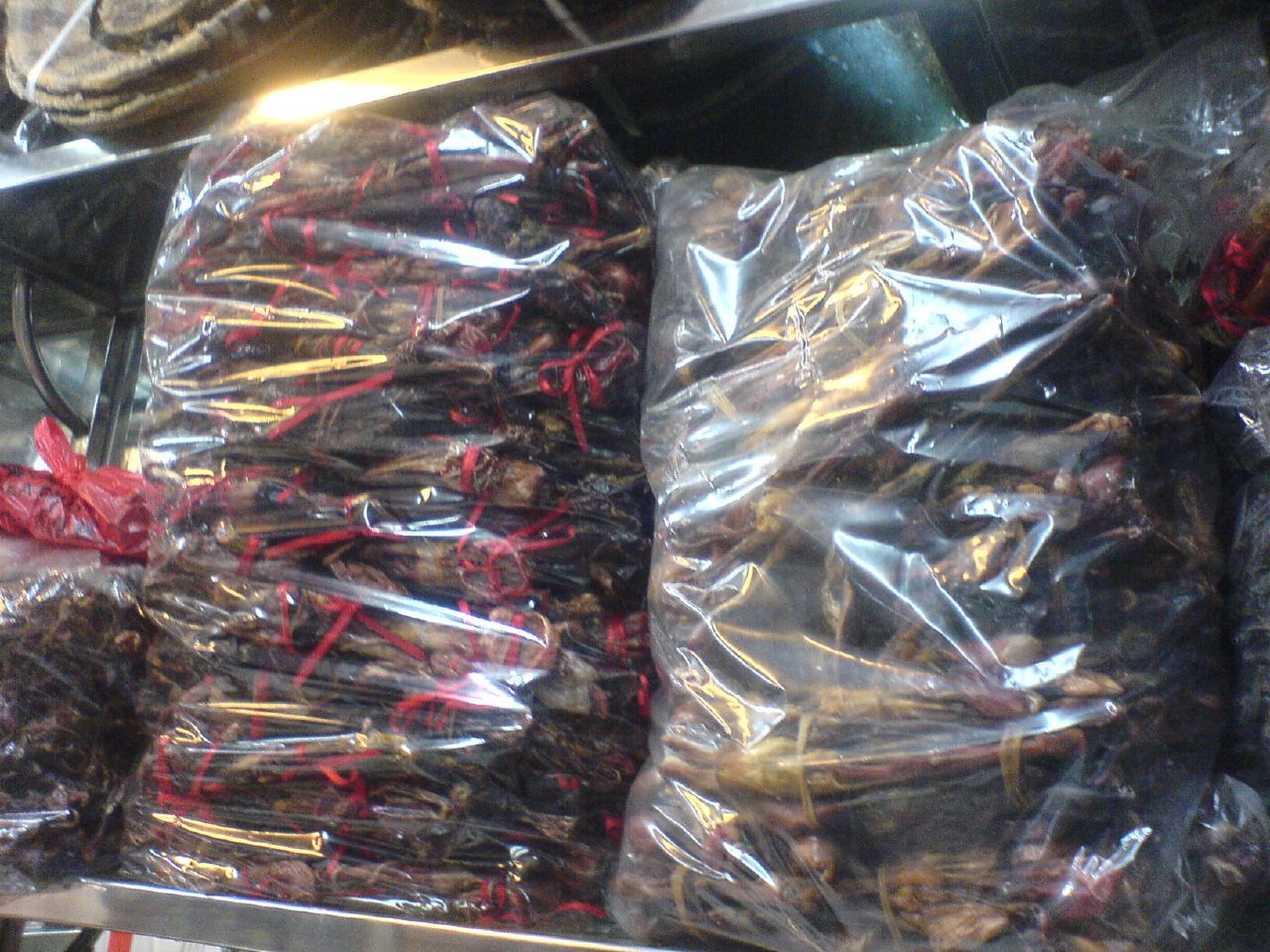
 After an hour or so, we regrouped to swap teams. I checked out the TCM market shops with Mary Anne and Tim, and Timothy was off to hunt for tiger bone wine with Phil. I’ve never seen so much ginseng drying on the side of the road before. Reams and reams of snake skins, deer antelopes, birds’ nests, bottled snake wine, dried centipede, dried geckos on a stick, penises of all animals big and small, from deer to sea lion (never seen so many penises before, bags and bags of them)…it was a dead animal’s circus. Besides animal products, there were also expensive herbs such as cordyceps which could easily cost more than a few thousand RMB for just a few grams.
After an hour or so, we regrouped to swap teams. I checked out the TCM market shops with Mary Anne and Tim, and Timothy was off to hunt for tiger bone wine with Phil. I’ve never seen so much ginseng drying on the side of the road before. Reams and reams of snake skins, deer antelopes, birds’ nests, bottled snake wine, dried centipede, dried geckos on a stick, penises of all animals big and small, from deer to sea lion (never seen so many penises before, bags and bags of them)…it was a dead animal’s circus. Besides animal products, there were also expensive herbs such as cordyceps which could easily cost more than a few thousand RMB for just a few grams.
In our quest for some illegal bear bile products, we were shown something else that kept us excited for the next ten minutes. With her eyes fixed on a blonde Mary Anne and ageing Tim, the lady shopkeeper asked me, “Why don’t you ask them if they need something to zhuang yang (strengthen the ‘yang’ energy, or sex drugs, in short). They usually like those.” With that, she took out a box of assorted medication from under the table and showed it to us. Great, porn medicine. There were boxes with pictures that looked like porn movie covers and also a box of little blue diamond pills labeled as Chinese Viagra. There was also a medicine called “Like a tiger, like a panther”. Rrrrr…
